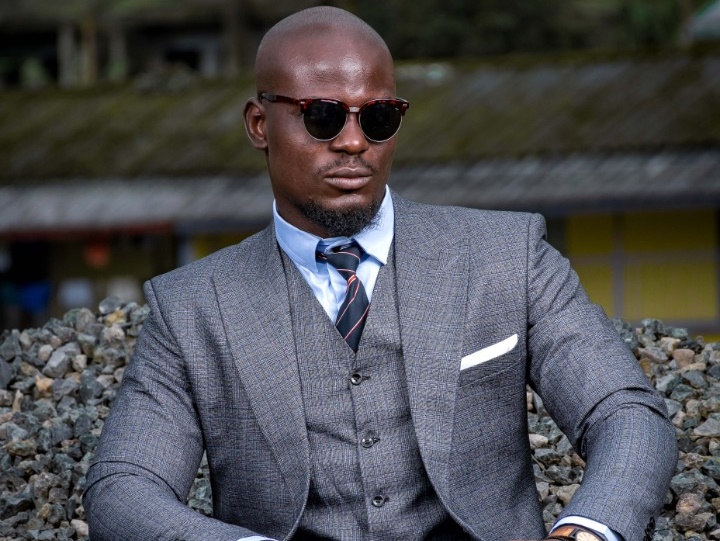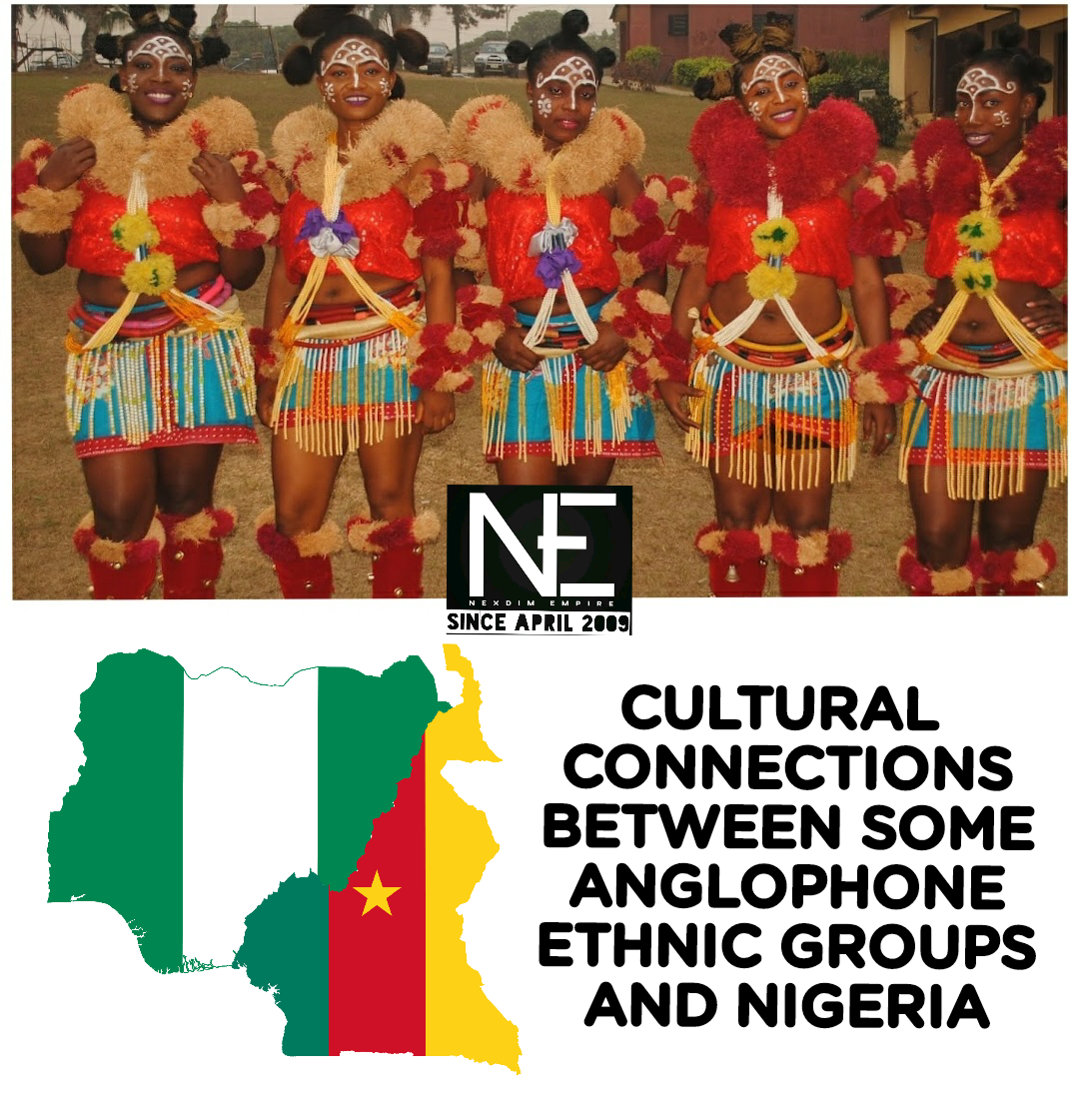UN peacekeepers say rebel push in Central African Republic ‘under control’
Rebel forces advancing on the Central African Republic’s capital Bangui have been pushed back and the situation is “under control”, a spokesman for UN peacekeeping forces said Sunday, as tensions mount a week before key elections. The government had alleged an attempted coup when three of the powerful armed groups that control most of the […]


Rebel forces advancing on the Central African Republic’s capital Bangui have been pushed back and the situation is “under control”, a spokesman for UN peacekeeping forces said Sunday, as tensions mount a week before key elections.
The government had alleged an attempted coup when three of the powerful armed groups that control most of the country’s territory began advancing towards the capital along critical main roads, ahead of presidential and legislative elections scheduled for December 27.
Earlier Sunday, the Coalition of the Democratic Opposition (COD-2020) called for the votes to be postponed “until the re-establishment of peace and security”.
Uniting the main parties and movements opposed to President Faustin-Archange Touadera, COD-2020 was until recently led by former president Francois Bozize, who the government said Saturday was at the head of rebel fighters massing not far from the capital.
Vladimir Monteiro, spokesman for the UN’s MINUSCA peacekeeping force, told AFP Sunday that “the armed groups have left the town” of Yaloke, on one of the routes towards Bangui, and that they had given up ground in two other areas.
MINUSCA “sent blue helmets to Mbaiki, where there were clashes on Saturday… to block the armed groups,” Monteiro added, saying “the situation is under control”.
But security and humanitarian sources said that parts of the armed groups were still on the ground around Bossembele — around 150 kilometres (90 miles) from Bangui.
The government had said Saturday that former president Bozize was at Bossembele with fighters from three rebel groups which announced a coalition on Saturday called the Coalition of Patriots for Change (CPC).
They urged members to “scrupulously respect the integrity of the civilian population” and to allow vehicles belonging to the United Nations and to humanitarian groups to circulate freely in the former French colony.
In a joint statement, a group known as the G5+ — France, Russia, the US, the EU and the World Bank — urged Bozize and allied armed groups to lay down their arms, calling for the elections to go ahead on December 27.
UN Secretary-General Antonio Guterres appealed for calm and called on all sides to ensure credible elections and peace.
And the 11,000-strong MINUSCA force warned Saturday it would “use all means at its disposal including planes to prevent violence.”
‘Why take up arms?‘
Meanwhile, Bozize’s KNK party denied the former leader wanted to carry out a putsch.
“We categorically deny that Bozize is at the origin of anything,” Christian Guenebem, a spokesman for his KNK party, told AFP.
“The government has always wanted to undermine the physical and political integrity of Bozize.”
“Why take up arms against your countrymen?” Touadera asked at a rally in Bangui Saturday.
“The national election authority and Constitutional Court have guaranteed that the elections will be held as scheduled,” added the president, who is widely expected to win re-election.
Bozize, back after years in exile, has been barred from running in the election by the coup-prone country’s top court, as the CAR had sought him with an international arrest warrant on charges including murder, arbitrary arrest and torture.
The 74-year-old, who came to power in a coup in 2003 before himself being overthrown in 2013, said last Tuesday that he accepted the court’s decision.
The CAR spiralled into conflict when Bozize, a Christian, was ousted as president by the Seleka, a rebel coalition drawn largely from the Muslim minority.
That coup triggered a bloodbath between the Seleka and so-called “anti-Balaka” self-defence forces, mainly Christian and animist.
France sent its army to intervene, and after a transitional period, elections were staged in 2016 and won by Touadera.
Source: AFP

















